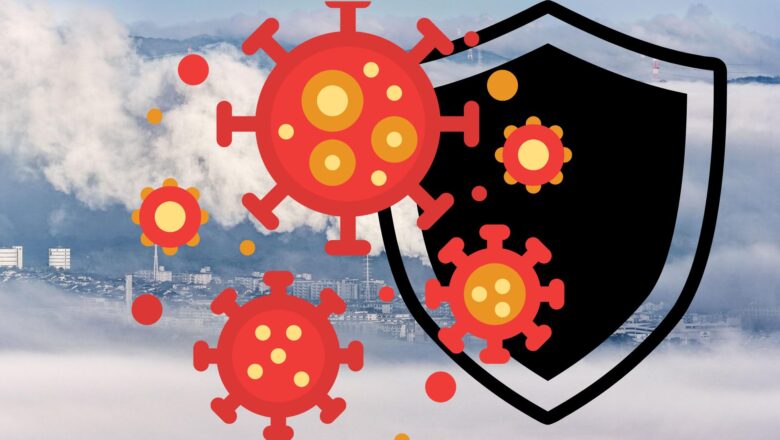
From Searing to Surreal: India’s Summer Ends Before It Began Amid Weather Whiplash
In a stunning contrast to the brutal summer of 2024, India in 2025 is experiencing an unprecedented early end to summer, upending expectations and raising fresh concerns about growing climate volatility.
Last year, May and June were defined by relentless heatwaves, pushing thermometers to historic highs and placing immense stress on agriculture, power grids, and public health. The scorching summer of 2024, ultimately labeled the hottest year on record, had become emblematic of the global climate crisis.
But in a dramatic reversal May 2025 has unfolded with unseasonably cool temperatures, widespread cloud cover, and scattered rainstorms offering rare relief from what is normally the year's harshest season. The shift has left meteorologists, farmers, and citizens both relieved and perp...








